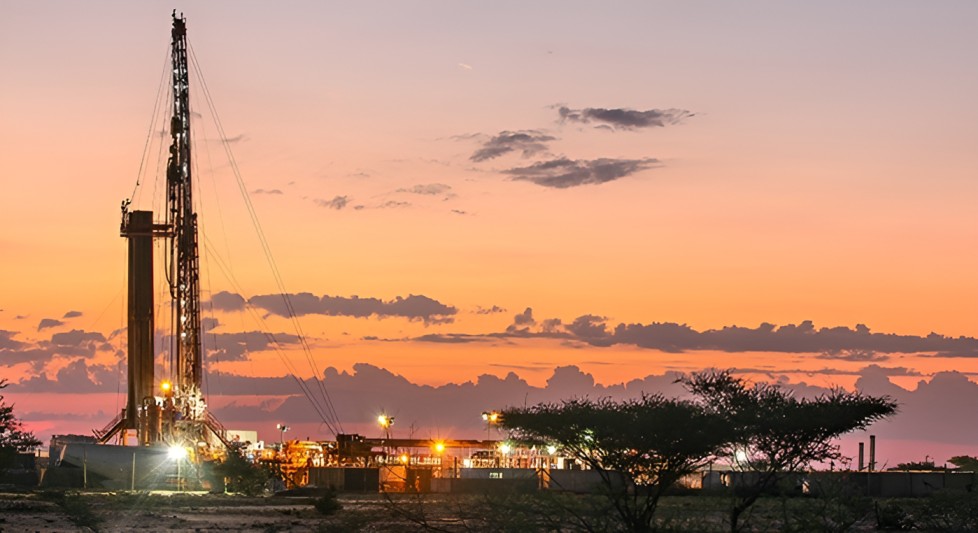Treasury allocates Sh1.67bn for Turkana oil project expansion

This marks a substantial increase from the previous allocation of Sh806 million.
Kenya's government has raised the funding allocation for the Turkana oil project in a move that shows its commitment to finally bringing the long-delayed oilfields into production.
The new budget of Sh1.67 billion will finance essential work, including research, feasibility studies, and the design of the Lokichar Lamu Crude Oil Pipeline (LLCOP) and South Lokichar Oil Field Development.
This marks a substantial increase from the previous allocation of Sh806 million.
Energy Cabinet Secretary Opiyo Wandayi explained that the heightened budget comes as the government prepares to approve its Field Development Plan (FDP) in the upcoming 2025/26 financial year.
"The increase is to cover a number of activities envisaged to be implemented after the approval of the FDP, such as the infrastructural development, detailed engineering of the crude oil pipeline, land survey, and acquisition process costs," he said.
The revised funding also breaks down into an increased allocation for specific elements of the project: the budget for the crude oil pipeline has been raised to Sh890 million from Sh454 million, while the oil field development funding now stands at Sh780 million shillings, up from Sh352 million.
These funds are set to expedite early-stage developments, including land surveys, detailed engineering and planning for the pipeline that will transport crude oil from South Lokichar to the port of Mombasa.
Since commercially viable oil was first found in blocks 10BB, 13T, and 10BA of South Lokichar in 2012, financial challenges and planning delays have stalled progress.
The project recently experienced a change in ownership whn Gulf Energy acquired it from British firm Tullow for 120 million dollars, with payments structured in three tranches and the final payment slated for June 2033.
Additional government efforts now focus on managing local impacts.
The Ministry of Energy has begun soliciting consultants to craft a resettlement and compensation plan for the communities that will be affected by both the pipeline and the broader oil development activities.
This initiative is part of a broader strategy to address potential community concerns as development accelerates.
While earlier plans submitted by Tullow were hindered by technical gaps and financial uncertainties, the new funding surge and upcoming FDP approval could mark a turning point.
As preparations advance, the LLCOP is expected to play a critical role in shipping crude oil from South Lokichar to Mombasa for refining and export—a key step in realizing Kenya's oil commercialization efforts.
